**Why and How to Socialize a Puppy**
**Introduction:**
Early socialization is crucial for your puppy’s well-being, behavior, and health. Puppies who experience diverse and positive interactions in their early stages develop into confident, well-adjusted dogs. By understanding the benefits and implementing effective socialization techniques, you can ensure your puppy thrives and enjoys a fulfilling life.
This article explores the profound benefits of puppy socialization, including reduced anxiety and aggression, improved communication and obedience, and overall health and well-being. We’ll also guide you through practical strategies for exposing your puppy to different environments, people, and animals safely, while promoting positive reinforcement and minimizing overwhelming or negative experiences. By following these steps, you can create a strong foundation for your puppy’s social development and foster a harmonious relationship between your furry friend and the world around.
## Benefits of Puppy Socialization: Laying the Foundation for a Well-Adjusted Dog
Early socialization is crucial for puppies, as it plays a pivotal role in their development and well-being. By exposing them to a wide range of experiences during their formative months, you can help them grow into confident, well-adjusted dogs. Here are the key benefits of puppy socialization:
Reduced Anxiety, Aggression, and Fear
Socialized puppies are less likely to experience anxiety, aggression, or fear in unfamiliar situations. They have learned to cope with new experiences and environments calmly, reducing the risk of them developing reactivity or behavioral problems later in life.
Enhanced Behavior
Socialized puppies are generally well-behaved and послушный. They have learned how to interact appropriately with humans and other animals, reducing the likelihood of destructive or disruptive behaviors.
Improved Health
Socialized puppies tend to have better health outcomes. Exposure to different people and animals helps them develop a stronger immune system, as they are less likely to be stressed or sick when encountering new stimuli.
Enhanced Communication and Obedience Skills
Socialized puppies have a better understanding of human communication and obedience commands. They are able to interpret social cues more effectively, making them more responsive to training and easier to handle.
### Safe and Effective Socialization Strategies
To ensure your puppy’s socialization is safe and effective, follow these strategies:
* **Gradual Exposure:** Gradually introduce your puppy to new situations, people, and animals, allowing them to adjust at their own pace. Avoid overwhelming them with too much exposure at once.
* **Positive Reinforcement:** Use positive reinforcement, such as treats, praise, and play, to reward your puppy for calm and appropriate behavior during socialization sessions.
* **Controlled Environment:** Choose safe and controlled environments for socialization, such as puppy socialization classes or quiet parks.
* **Avoid Negative Experiences:** Protect your puppy from negative or overwhelming experiences that could damage their confidence or trigger fear.
The #1 Free Source for Pitbull & Bully Pedigrees!
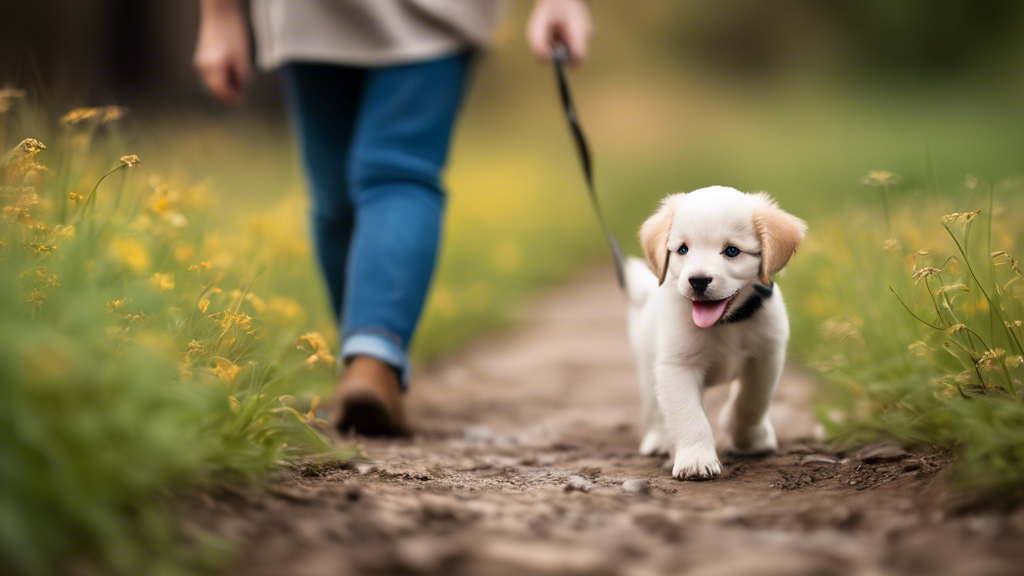
## How to Socialize Your Puppy: A Step-by-Step Guide
### Gradual Exposure:
* **Introduce experiences gradually:** Begin by exposing your puppy to new situations in short, controlled sessions.
* **Start with familiar environments:** Begin in safe and comfortable places like your home or backyard.
* **Increase complexity:** As your puppy becomes more comfortable, gradually increase the difficulty of the situations they encounter.
### Positive Reinforcement:
* **Reward good behavior:** Use treats, praise, and play to reinforce positive interactions and experiences.
* **Avoid punishment:** Punishment can damage your bond and make socialization more difficult.
### Puppy Socialization Classes:
* **Structured environment:** Classes provide a controlled setting for puppies to interact with other puppies and people in a supervised environment.
* **Professional guidance:** Trainers can provide expert advice and support throughout the socialization process.
### Safe Interactions:
* **Supervise all interactions:** Always be present to monitor and guide your puppy’s interactions with others.
* **Respect boundaries:** Allow your puppy to approach and interact with others at their own pace.
* **Avoid overwhelming experiences:** Limit exposure to large, noisy crowds or excessive interactions.
### Common Socialization Challenges:
* **Fear and anxiety:** Help your puppy overcome these emotions by providing a safe and supportive environment.
* **Aggression:** Address aggression by identifying the triggers and using positive reinforcement to promote calmness.
* **Lack of interest:** Engage your puppy in activities that they find enjoyable to encourage their participation.
### Tips for Success:
* **Start early:** Begin socialization as soon as your puppy is fully vaccinated.
* **Be patient and consistent:** Socialization is an ongoing process that requires patience and consistency.
* **Seek professional help if needed:** If you encounter any challenges or concerns, consult with a veterinarian or professional dog trainer.
**Conclusion:**
Puppy socialization is an essential component of a well-rounded and happy canine companion. By exposing your puppy to a variety of experiences, people, and environments from an early age, you are setting the foundation for a confident, well-adjusted, and social dog.
The benefits of puppy socialization are numerous and long-lasting. Socialized puppies are less likely to display anxiety, aggression, or fear in new situations, as they have learned to cope with the unknown. They also have improved communication and obedience skills, as they are able to interact with others in a positive and respectful manner.
Remember, socialization is a gradual and ongoing process. Start by exposing your puppy to new experiences in a controlled and safe environment, and gradually increase the intensity and variety of situations as they become more comfortable. With patience, consistency, and positive reinforcement, you can help your puppy develop into a well-socialized, happy, and healthy companion who will enjoy a lifetime of positive experiences with both humans and animals alike.







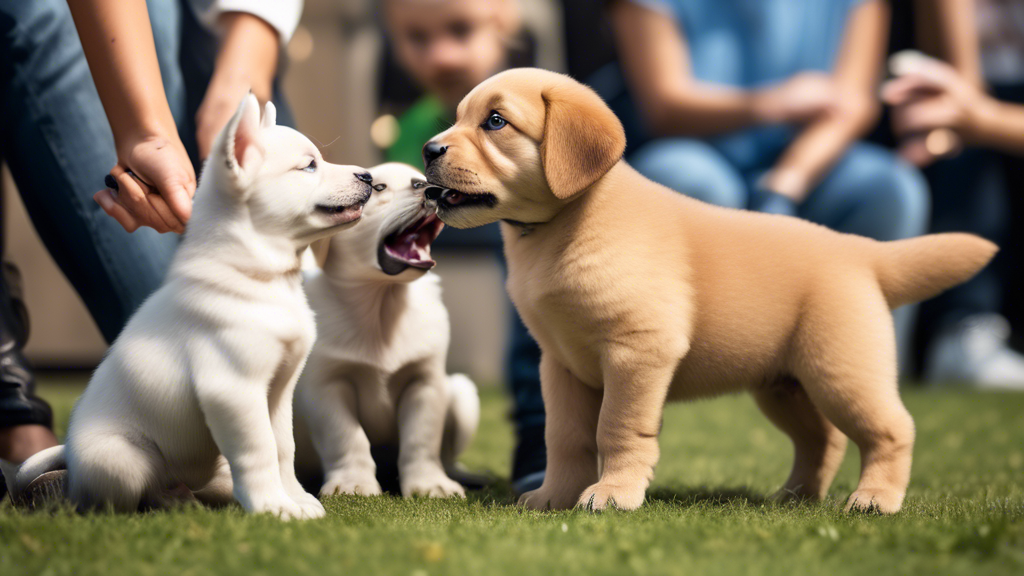
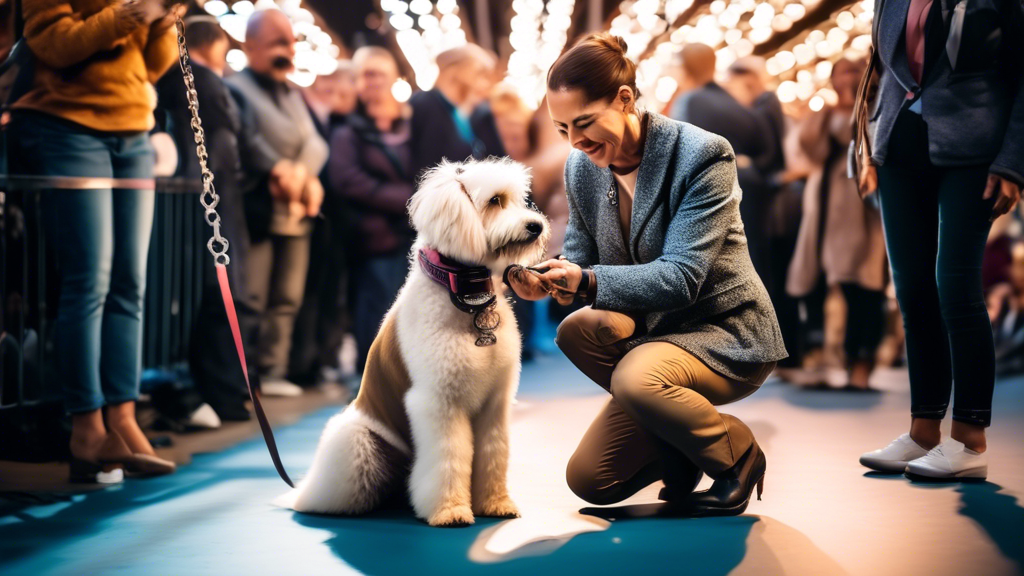
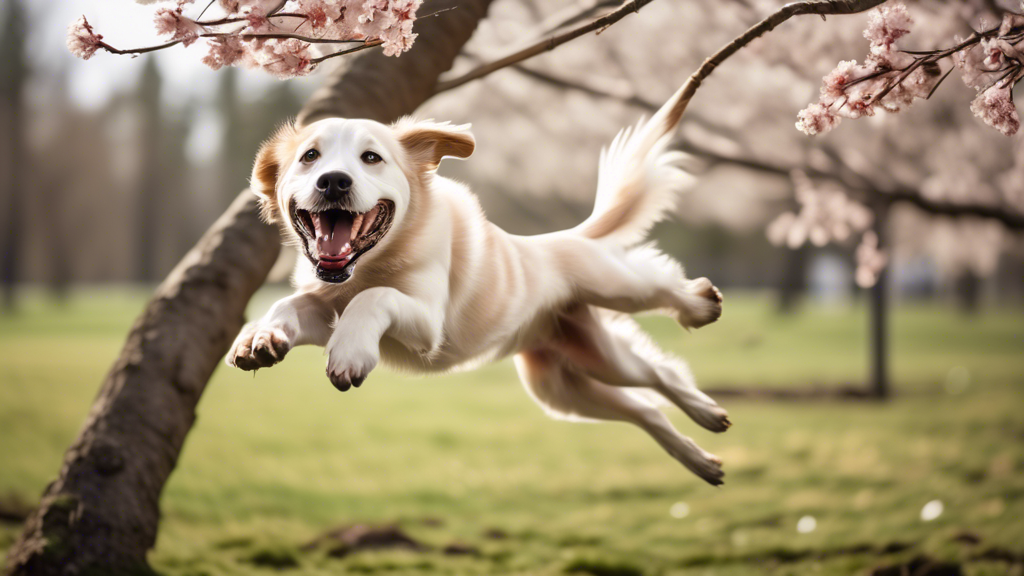
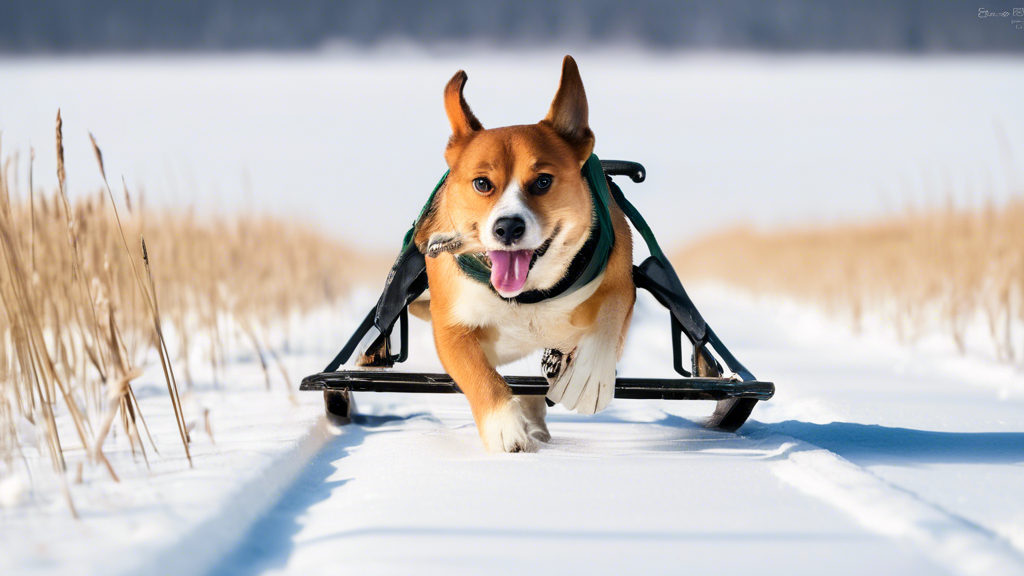
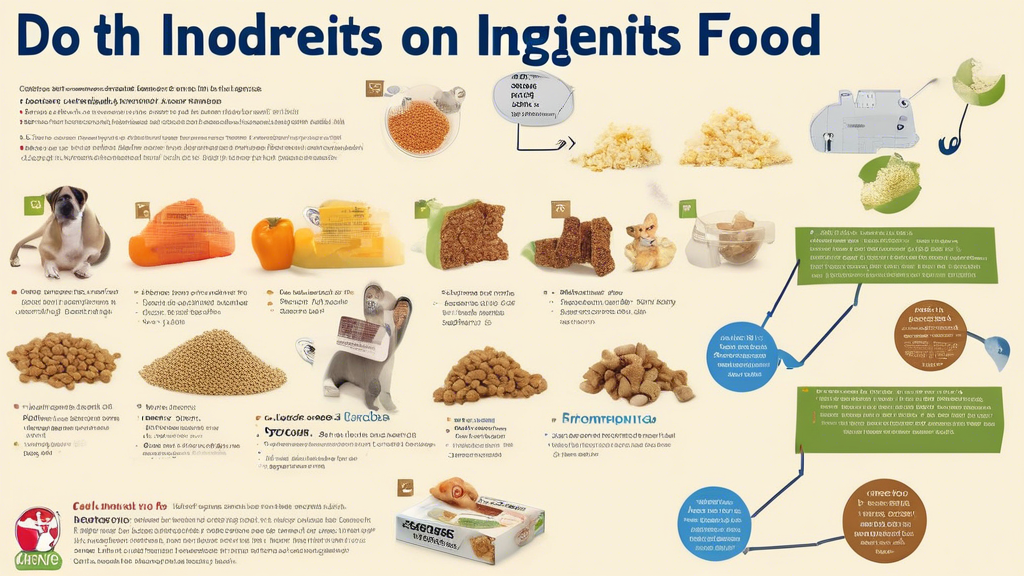
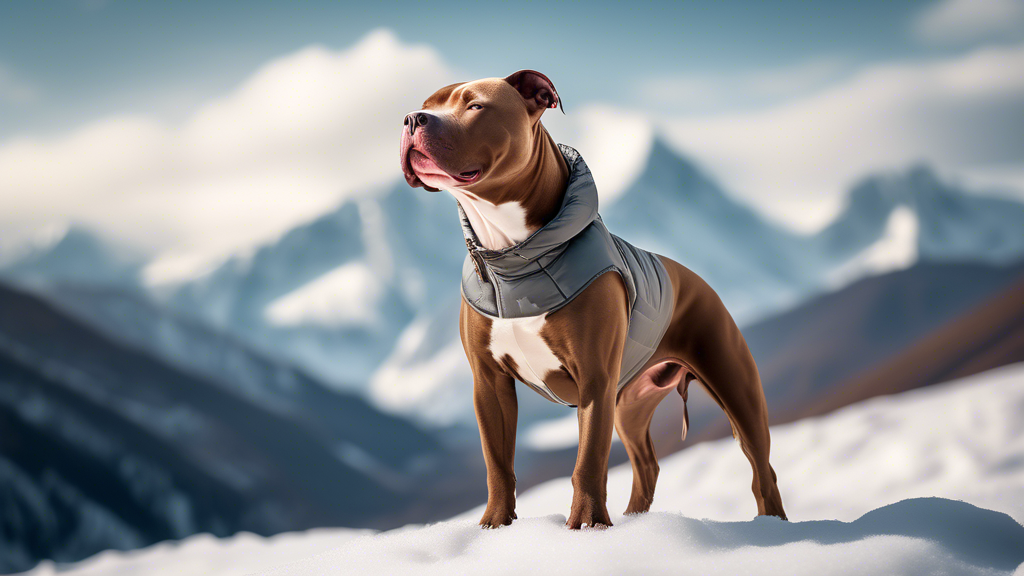
Leave A Comment